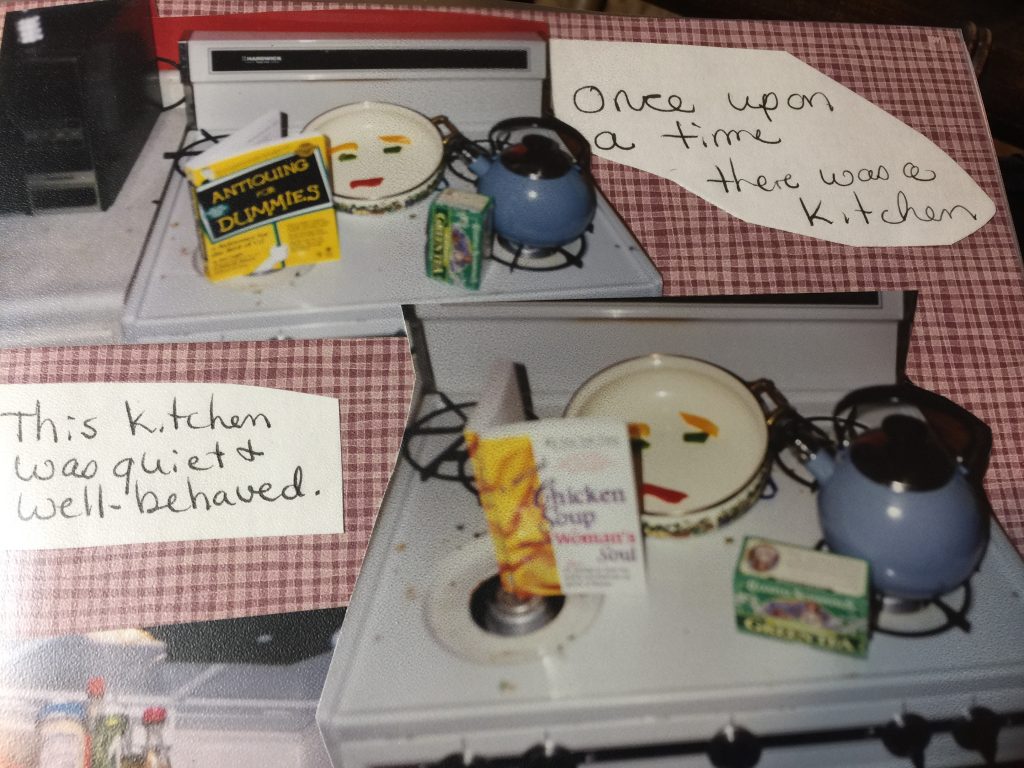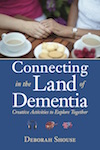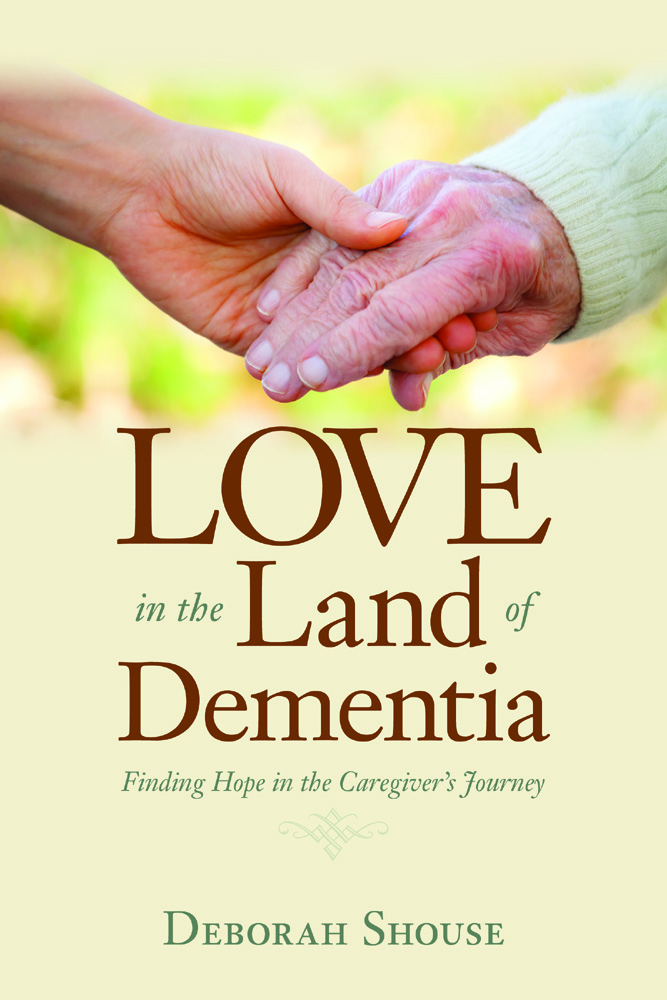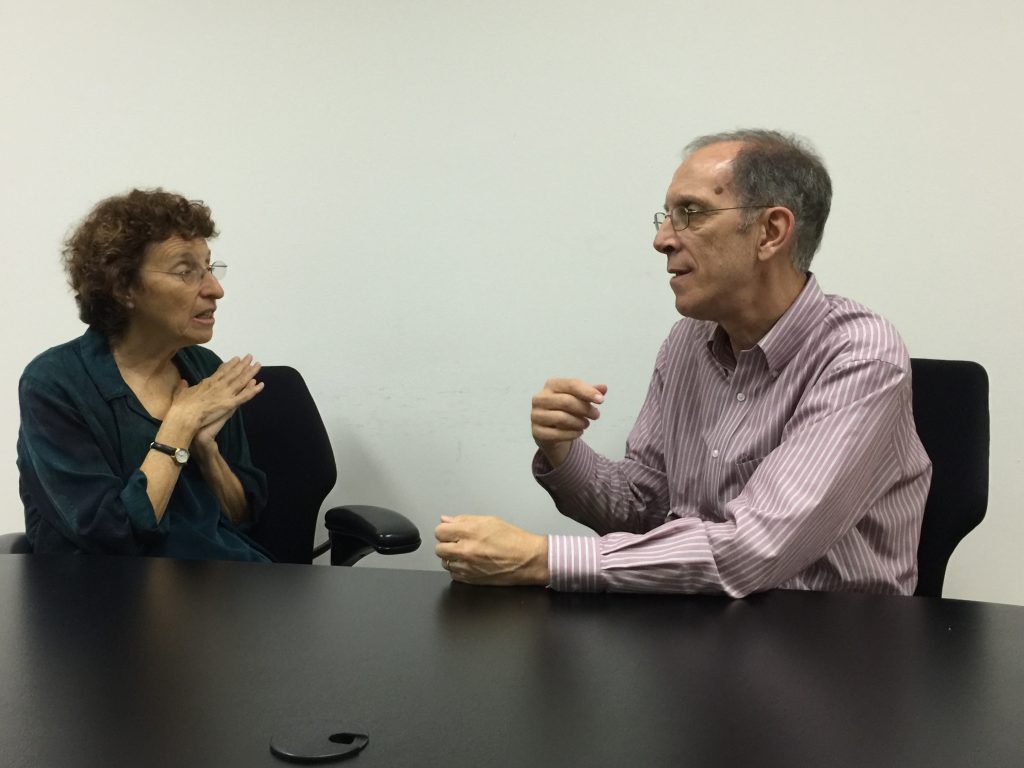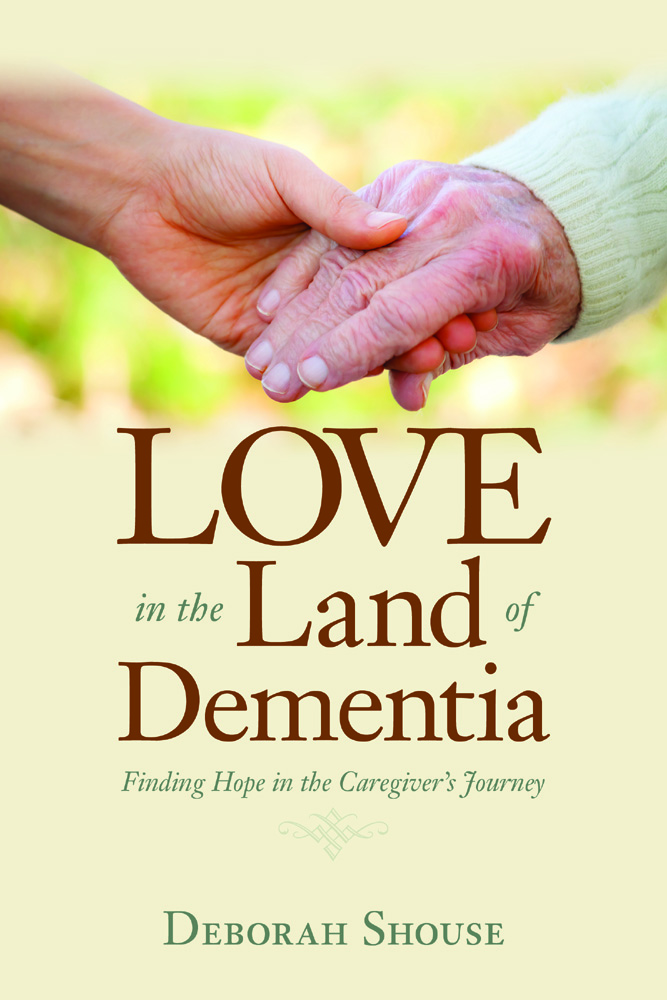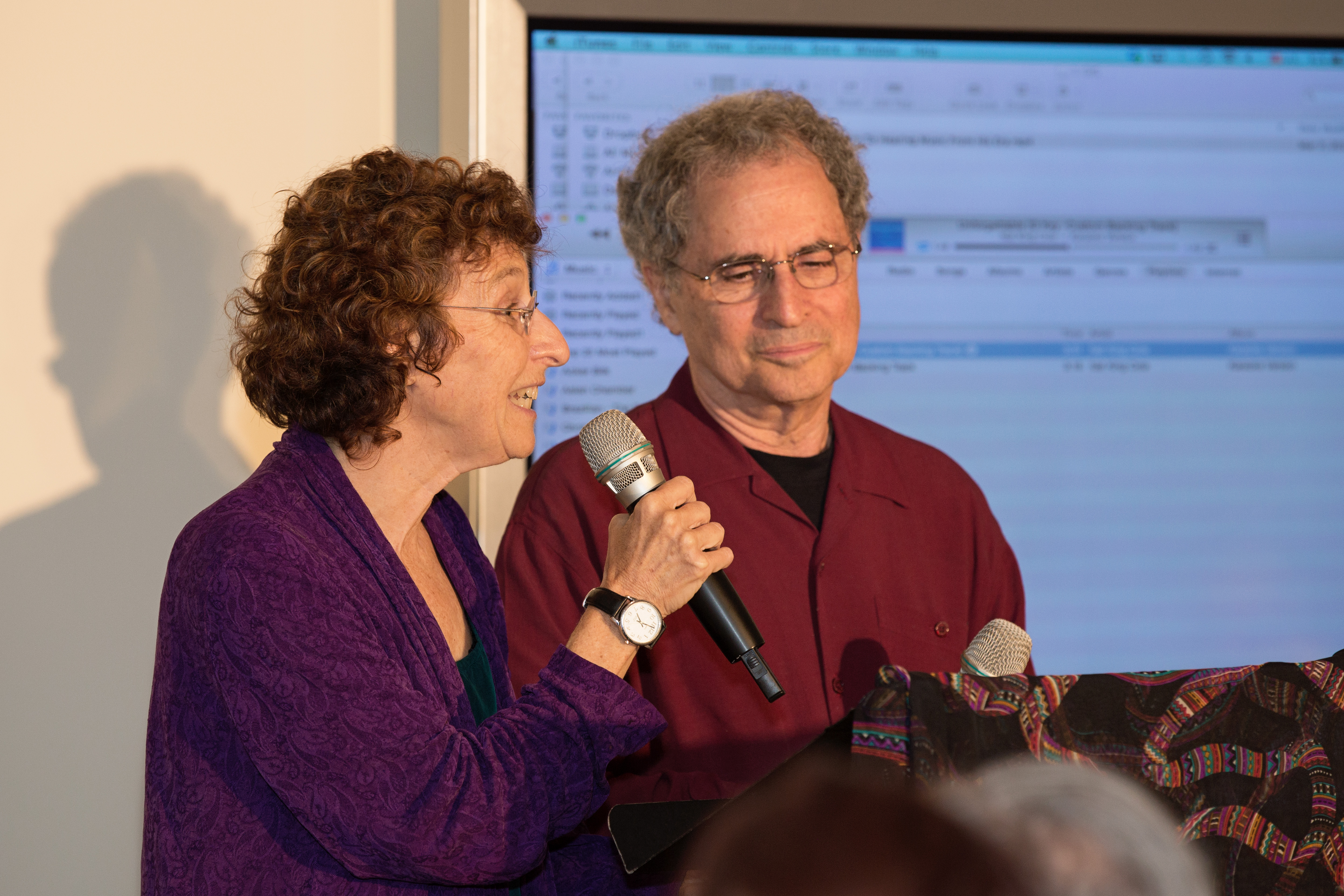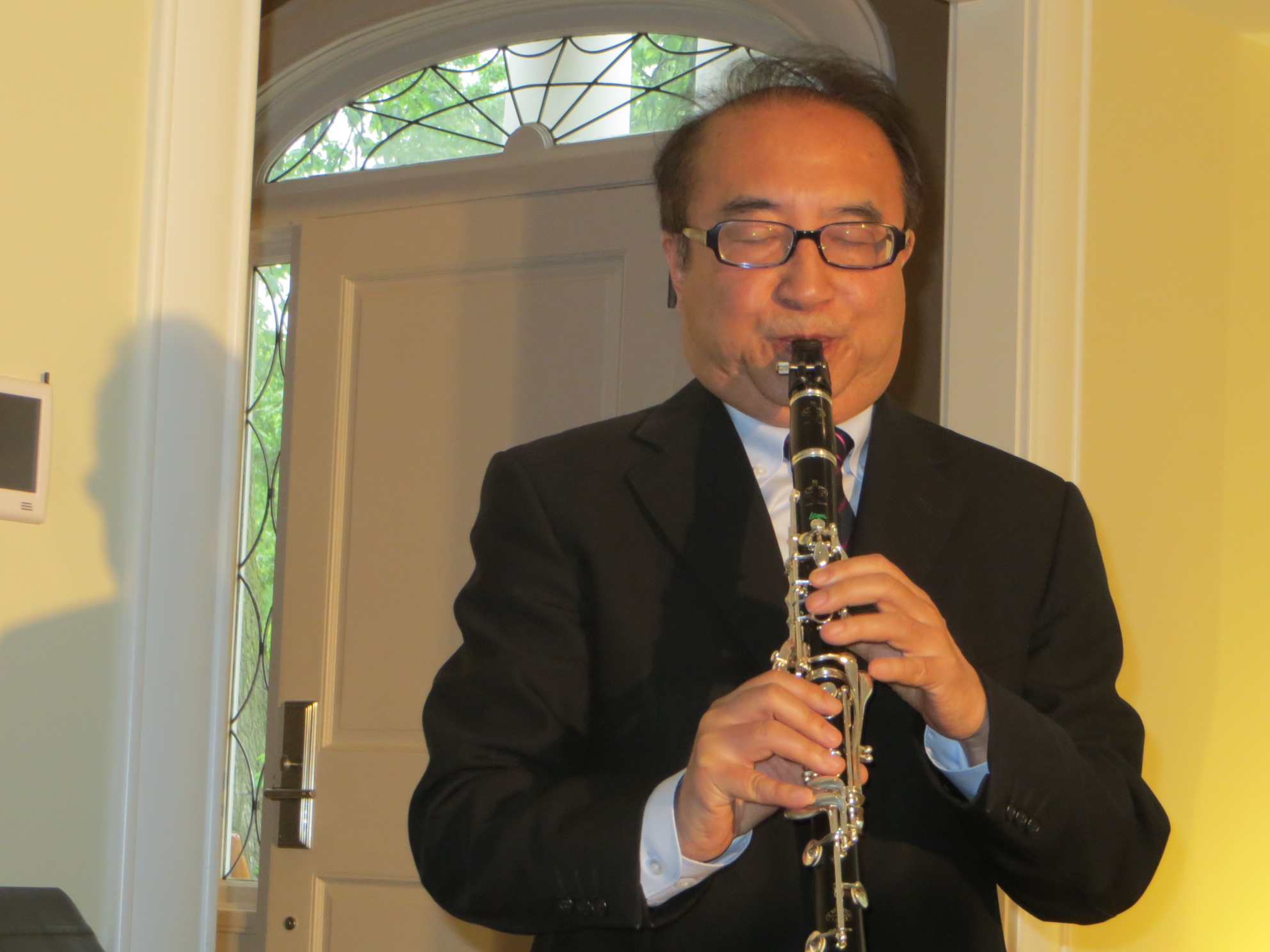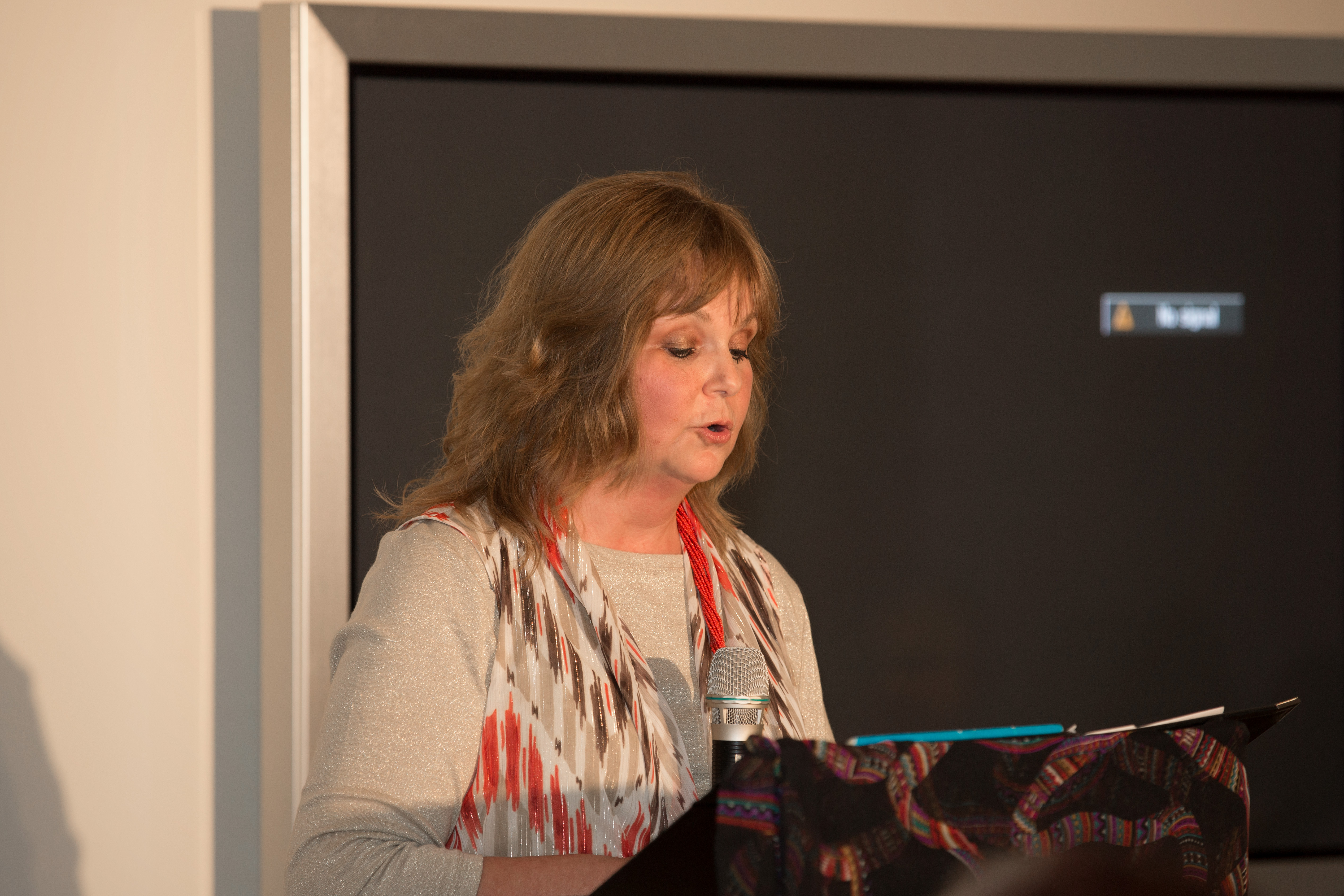Posts Tagged ‘music and memory’
Bring Joy to the Holidays with Dementia Friendly Family Activities
At first, the checklist of “can’t do’s” was daunting. No more playing the cutthroat card game Hearts. No more leisurely Scrabble sessions, with unabridged dictionary and bowl of fancy mixed nuts at the ready. No more hunkering in at the movie theater for a sparkling new release. With my mom’s dementia, so many of our traditional holiday activities simply wouldn’t work. So we had to think creatively and find ways to bring joy to the holidays with dementia friendly family activities.
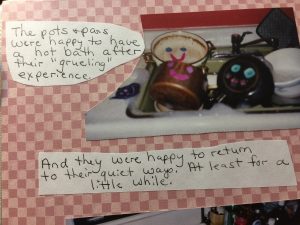 We created a photography/collaging/ scrapbooking project with a Thanksgiving themed story that starred all of us, The Little Kitchen that Could. I wrote up a simple story that featured a world famous chef, my brother, a series of sous chefs, the rest of the family, and my terrified pots and pans. Terrified because after a quiet life of heating up an occasional cup of water for tea, they were being forced into actual cooking. We all pasted faces on the pots and pans, posed for photos, and added ideas to the storyline. Once we developed the pictures, we sat around the dining room table and put the scrapbook together, while listening to my parent’s favorite old 40s melodies, and eating our traditional fancy mixed nuts.
We created a photography/collaging/ scrapbooking project with a Thanksgiving themed story that starred all of us, The Little Kitchen that Could. I wrote up a simple story that featured a world famous chef, my brother, a series of sous chefs, the rest of the family, and my terrified pots and pans. Terrified because after a quiet life of heating up an occasional cup of water for tea, they were being forced into actual cooking. We all pasted faces on the pots and pans, posed for photos, and added ideas to the storyline. Once we developed the pictures, we sat around the dining room table and put the scrapbook together, while listening to my parent’s favorite old 40s melodies, and eating our traditional fancy mixed nuts.
This project gave our gatherings a new focus, helped us adapt treasured traditions and transition to new dementia
Adding “traditions” enriched our family gatherings.
Here are some additional ideas to cheer on your family.
- Create a holiday play list to cheer you all on. If you’re prone to winter blues, include songs that brighten your spirits. If you don’t celebrate the holiday, use favorite winter or seasonal songs. Listen to these songs with your partner who has dementia and with family and friends.
- Create a large print sing-along book for seasonal songfests. Include family favorites, personal seasonal tunes, and other tunes that are fun to sing or hum to.
- Invite talented relatives or friends to share their musical or dance abilities.
- If your partner likes animals, invite well behaved pets to come to your gatherings, offering a creature to nurture and observe and admire.
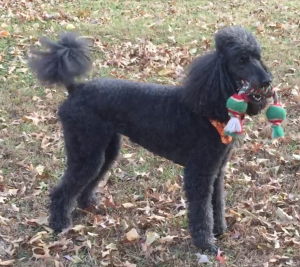
- Create a family “giving back” project you can all be part of, so your partner is able to contribute to others. This can be as simple as icing cookies for a women’s shelter or making dog biscuits for an animal shelter.
- Share favorite poems, by reading them call-and- response, one person reading, “T’was the night before Christmas,” and others repeating the line. Create your own family poem, as something to include in your holiday card or on your social media.
- Add in laughter. Use the ha ha chorus, substituting “ha ha’s” for the words of favorite songs. You’ll find yourself chucking within seconds.
- Arrange flowers together for a centerpiece, paying attention to colors, textures and aromas. Set the table together.
- Play favorite music and talk about it, saying, “What does that song remind you of?”
- Create a Taste Book, a scrapbook of favored recipes and memories around these foods. Plan to make or bake a recipe or two together.
Several esteemed experts and organizations helped me create this list of dementia friendly holiday activities. For more information about their, visit:
Natasha Goldstein-Levitas, MA, BC-DMT natashagoldstein.com
Dan Cohen Music and Memory
Gary Glazner Alzheimer’s Poetry Project
Dr. Madan Kataria Laughter Yoga
The team at the Alzheimer’s Foundation of America
Nettie Harper and Kelly Gilligan Inspired Memory Care, Inc.
Judith Fertig, novelist and cookbook author Judith Fertig
Click to view informative and inspiring short videos on our YouTube channel
Deborah Shouse is the author of Connecting in the Land of Dementia: Creative Activities to Explore Together and Love in the Land of Dementia: Finding Hope in the Caregiver’s Journey.
The Power of the Playlist
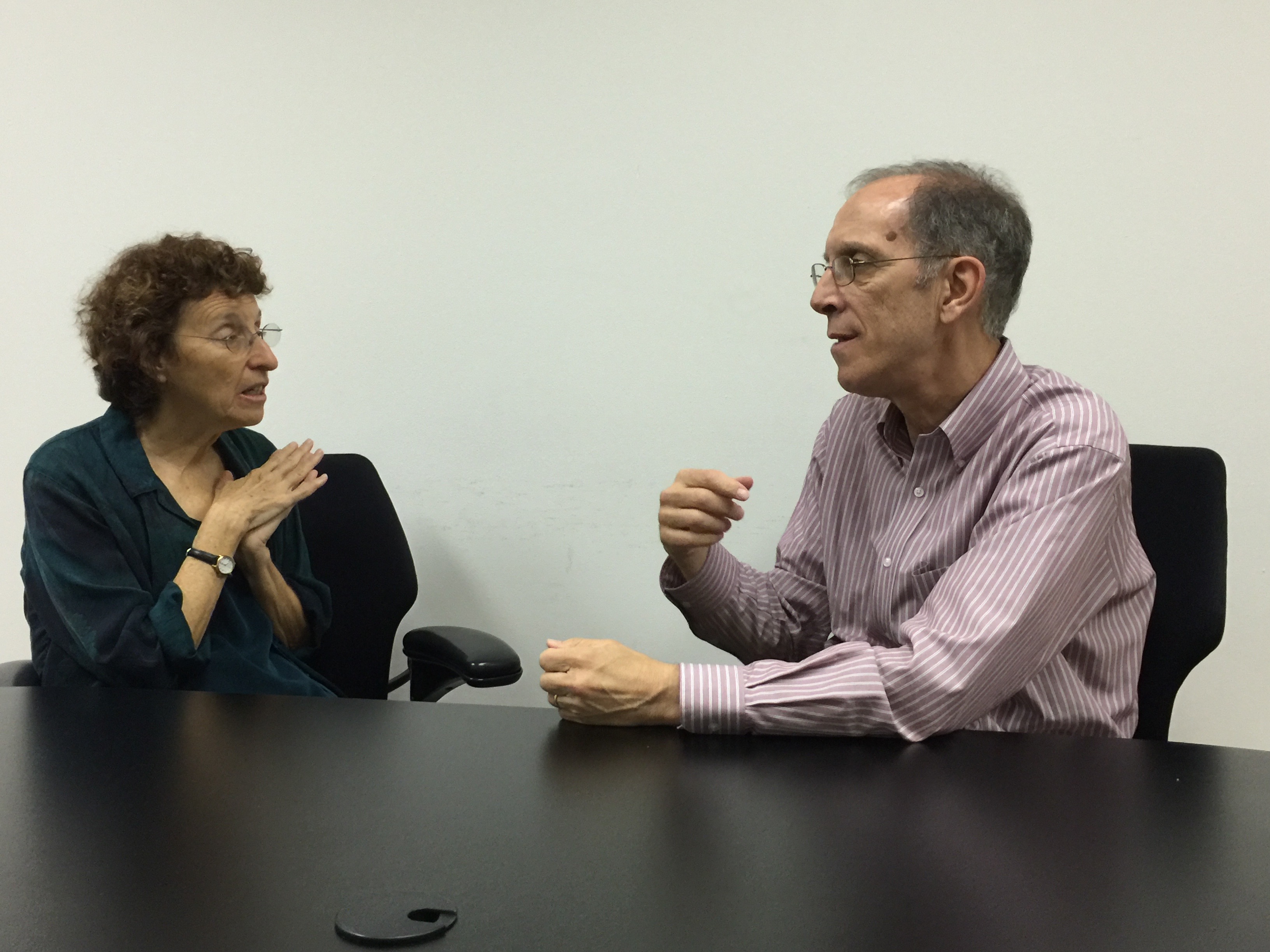 Ron and I were already champions of Dan Cohen’s world-changing Music & Memory program, which is featured in Connecting in the Land of Dementia, but we had never met Dan in person. The moment we learned we were going to New York City, we reached out to Dan and he agreed to meet with us.
Ron and I were already champions of Dan Cohen’s world-changing Music & Memory program, which is featured in Connecting in the Land of Dementia, but we had never met Dan in person. The moment we learned we were going to New York City, we reached out to Dan and he agreed to meet with us.
Dan is a prime example of one collaborative person making a difference for thousands. Eighteen states have already funded Music & Memory rollouts as a best practice approach for care facilities to improve quality of life for persons with dementia. In Toronto, everyone who is diagnosed with dementia receives a free iPod so they can enjoy personalized music. Dan and his team have trained 5000 dementia care managers, who understand how effective this program is. He is currently collaborating with hospitals, hospice, and prisons, as well as long term care communities.
Here is some of the wisdom he shared with us.
“We all need to create our personal play lists now,” Dan says. “Music makes any healthcare encounter better. Whether you’re waiting in the doctor’s office, going into the hospital, attending rehab, or moving into a care community, you’ll have a more comfortable experience when you are able to listen to favorite songs.”
Click here to listen to Dan Cohen.
Click here to learn more about the Music and Memory program.
Read more about Dan’s programs in Connecting in the Land of Dementia: Creative Activities to Explore Together. Order your copy from your favorite independent or online bookstore.
The Power of Music: Transforming Life for Those with Dementia
The idea is simple yet profound.
Make a list of favorite songs, tunes connected with people, places, and good memories.
Put the songs on an iPod.
Connect headsets to the iPod, to minimize distractions.
Start the music and watch how it lifts and invigorates the person with dementia.
Dan Cohen of Brooklyn, NY, created this Music and Memory program several years ago. Click here for an inspiring video showing the power of this program.
The Heart of America Chapter of the Alzheimer’s Association launched this exciting program on June 28, at an event at the home of Kansas City Philanthropist of the Year and Entrepreneur extraordinaire, Benny Lee. Ron and I were honored to present a music- themed story; Benny accompanied us on the clarinet.
Michelle Neidens, Education Director of the Association, spoke eloquently on this subject and I wanted to share parts of her moving talk with you.
For more information about this program, you can visit Musicandmemory.org or you can contact the Association by calling 913-831-3888. They are seeking volunteers and contributions so they can help hundreds of people in our area.
Here’s a portion of Michelle’s talk:
Music and Memory
We learn early on not to put all our eggs in one basket. True of finance, true of friendships, true of information sources and true of skills. Who would have ever assumed that it is also true of the brain? There are lots of things that disappear in Alzheimer’s including a bunch of things that we wish would have hung around. Some of the stuff that disappears we are okay about – like the part that tells us we can’t be an artist, or the part that stops us from telling people we care about them.
But diversification is important in Alzheimer’s disease. Music, as it turns out, involves multiple brain functions. It requires integration of rhythm, and memory regarding words and tunes. For many it requires translation in physical action – toe tapping, clapping, dance and even more complicated, playing an instrument. It requires us to make a decision whether we like it or not and more than we realize, we ascribe feeling to it. Music and other arts and spiritually-based experiences thus becomes ‘soul pieces’ and they are sustained the longest in the disease.
Dan Cohen’s Music and Memory program recognizes the sustained impact and importance of music, but takes it several steps deeper; it acknowledges that music is attached to memory beyond words and tunes. Far more importantly, it gets attached to the people, places and experiences, which in turn serve as a conduit to positive memories.
Mr. Cohen, in response to seeing people spend large amounts of time sitting disconnected and alone, began to utilize iPods with personalized playlists. He interviewed the individual, their family and others to create these playlists – not just songs that the person liked, but songs specific to good memories. Songs attached to people, places and experiences that could be triggered. This is an extremely important distinction.
For example, when I was growing up, my grandmother had a stack of sheet music and periodically she and I would go through the stack and sing the songs, the most remembered being Mairzy Doats (Mares Eat Oats). I thought it a very odd song and it always made me smile. To hear that song is to connect me with the sights, smells, sounds and feelings of my grandmother’s house. Impossible Dream would be on my playlist – very attached to the shared appreciation felt by both my mother and me of the character Don Quixote – strong enough to keep trying and to keep reaching even when the outcome didn’t validate the quest. The Leonard Cohen song Always would be on the list, as would The Brandenburg Concertos and Pachelbel’s Canon … There are so many others – all attached to key people, places and experiences.
###
Ever since I learned of this program, I’ve been thinking about my own personal playlist. I would include Summer Place, the Peer Gynt Suite, Getting to Know You, and Dancing Queen. How about you? What is the music that connects you to yourself, your memories and to the world?
Deborah Shouse is the author of Love in the Land of Dementia: Finding Hope in the Caregiver’s Journey.
